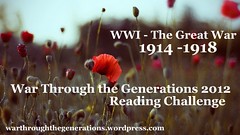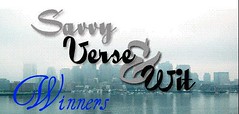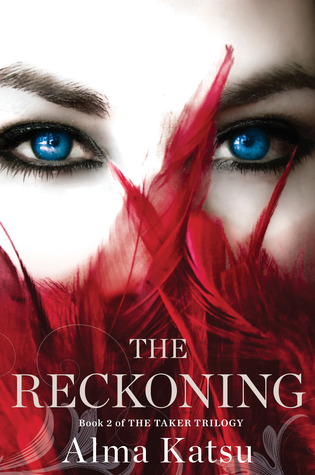This is unusual, but while reading Pride & Pyramids: Mr. Darcy in Egypt by Amanda Grange and Jacqueline Webb, I came across this passage:
“By nine o’clock they were all sitting in a caleche and driving slowly through the crowded streets. The white walls of the buildings, designed to keep the heat at bay, were blinding in the sun. Every few minutes they came upon a market square, with tiny stalls set up wherever there was a space. People shouted in shrill tones, advertising their wares, and all four travelers were entranced by the flowing white robes and rolled up headdress worn by the men. Donkeys brayed on every corner and each time they stopped, small boys appeared as if from nowhere entreating them to buy sticky brown dates and succulent figs.” (page 130 ARC)
I’ve been thinking a lot about social media, and in particular Twitter. This particular passage of the sellers crowding a singular space and boys coming from out of no where shouting about their wares and offerings reminded me of the cacophony of Twitter. For whatever reason, I’ve lately become weary of the hours I spend on social media and wondering whether it even gets the word out there about the truly wonderful books I read and whether there is a more effective way to accomplish this goal, particularly for poetry.
It seems that there is a stream of reviews, giveaways, comments, and other items that clog up the Twitter timeline and even if I spent all hours of the day on the Web, my tweets about poets, readings, and books would be lost in the loud morass. I feel as though I am shouting at passersby about the books I read and the poets I love and the readings I attend, but to no avail. They do not know me, they do not (most likely) read my blog, so why would they care what I have to say?
Hand-selling books at a bookstore and chatting with readers is what I miss. There is an intimate connection you make with fellow readers browsing a bookstore, especially when they pick up a book off the shelf that you’ve loved. This was never more evident to me than when I attended a recent book signing in Boonsboro when I chatted with other ladies in line about their books and why they love them. It was good to talk about Karen White’s books with people who had never heard of her and to see them light up when I told them about her books — the one’s I’ve read and the one’s I’ve yet to read — and how its a new world and adventure every time I open those pages. Some people I talked to immediately picked up a copy of Sea Change, while others picked up Beach Trees.
What does all this mean for me and social media? I’m not sure, but I’m likely to mull over my presence on Twitter more and to think of better ways to use my time there. What are your thoughts?
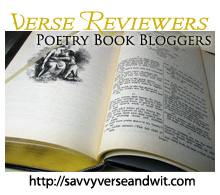

 About the Author:
About the Author:



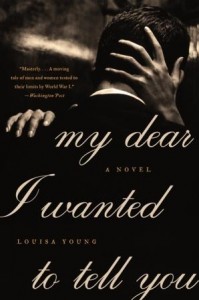
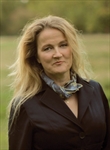 About the Author:
About the Author: